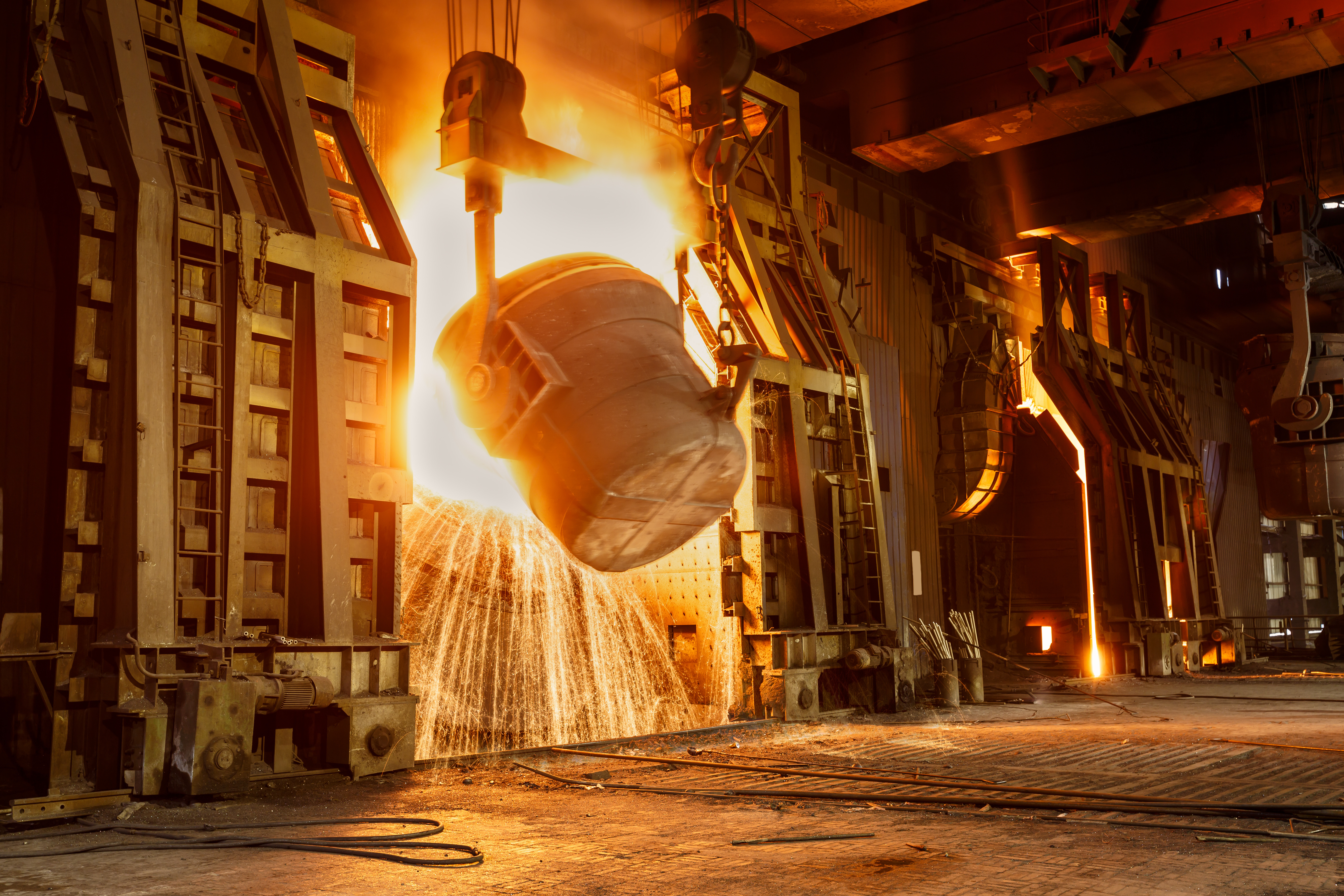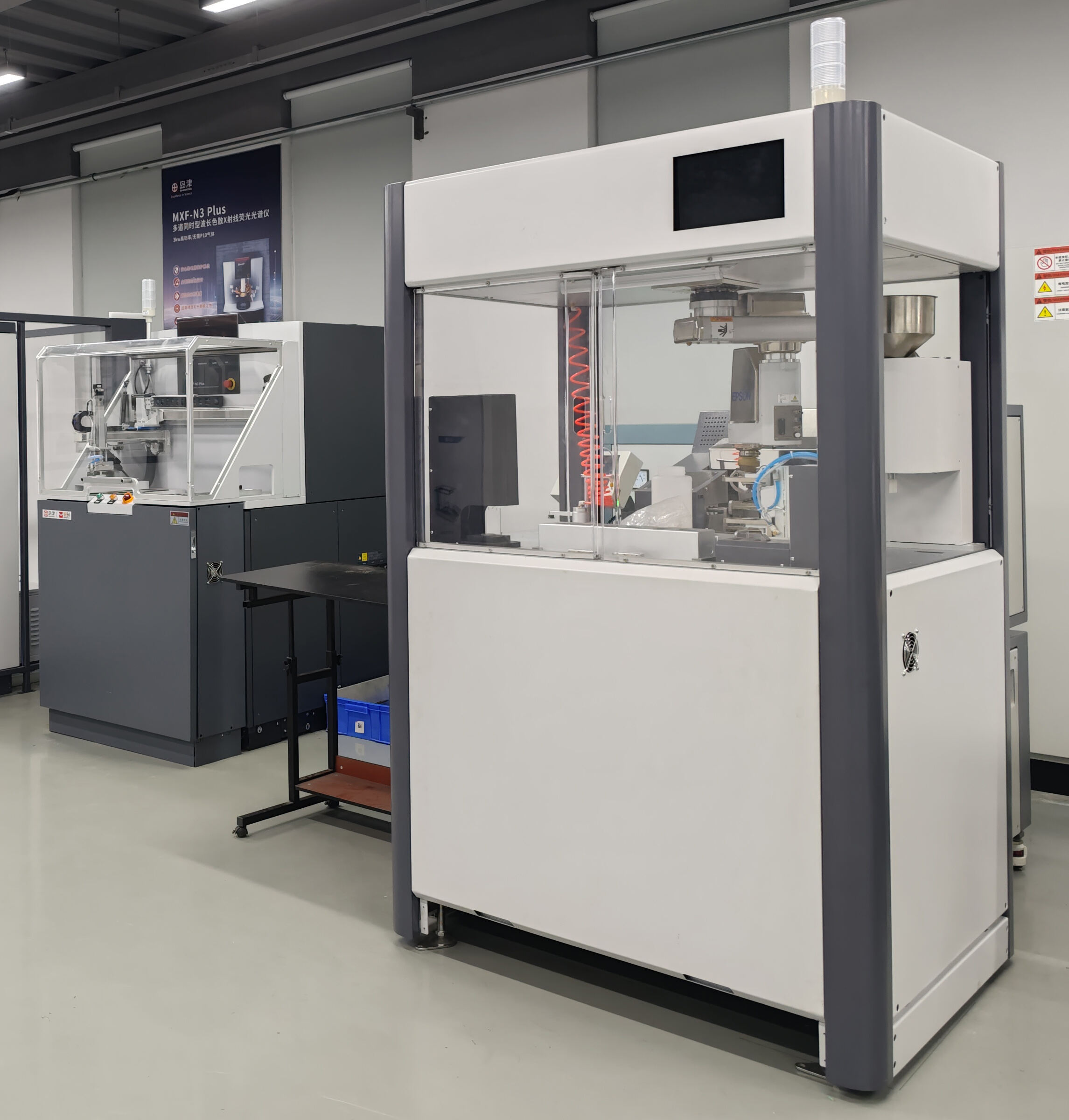material metallurgy
Material metallurgy represents a fundamental branch of engineering that focuses on understanding and manipulating the physical and chemical behaviors of metallic elements and their compounds. This comprehensive field encompasses the study of metals extraction, refining processes, alloying techniques, and the relationship between materials structure and properties. Material metallurgy plays a crucial role in developing and optimizing metallic materials for various industrial applications, from aerospace components to everyday consumer products. The discipline combines principles of chemistry, physics, and engineering to control material properties such as strength, durability, conductivity, and corrosion resistance. Through advanced processes like heat treatment, surface modification, and microstructural engineering, metallurgists can create materials with precisely tailored characteristics. Modern material metallurgy also incorporates cutting-edge technologies, including computer modeling and simulation, to predict material behavior and optimize manufacturing processes. This field continues to evolve with emerging technologies such as additive manufacturing and nano-metallurgy, enabling the development of innovative materials with enhanced performance capabilities.

